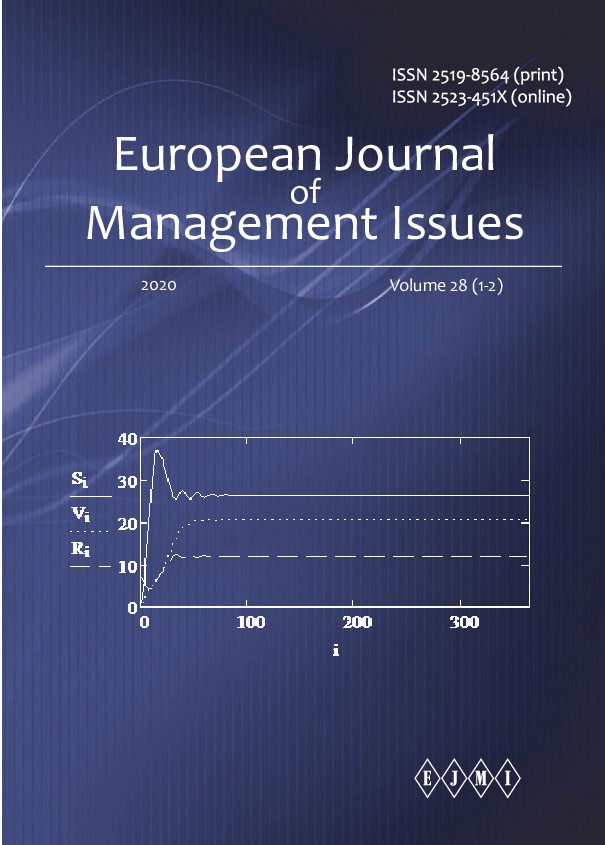The crowdsourcing data for innovation Does it Matter?
The crowdsourcing data for innovation Does it Matter?
Author(s): Zainal Ilmi, Adi Wijaya, Jati Kasuma, Dio Caisar DarmaSubject(s): Business Economy / Management, ICT Information and Communications Technologies, Socio-Economic Research
Published by: Дніпропетровський національний університет імені Олеся Гончара
Keywords: creativity; project management; data-driven design; innovation; social media; IT-management;
Summary/Abstract: Purpose – to explore a crowdsourcing data-driven approach to construct crowdknowledge databases for innovation through supporting creative idea generation. In the approach, social media will be used as platforms to crowdsource knowledge for producing the databases. Findings. Creativity is an essential element of innovation, but producing creative ideas is often challenging in design. Many computational tools have become available recently to support designers in producing creative ideas that are new to individuals. As a standard feature, most of the tools rely on the databases employed, such as ConceptNet and the US Patent Database. This study highlighted that the limitations of these databases have constrained the capabilities of the tools and, thereby, new computational databases supporting the generation of new ideas to a crowd or even history are needed. Crowdsourcing outsources tasks conventionally performed in-house to a crowd and uses external knowledge to solve problems and democratize innovation. Social media is often employed in crowdsourcing for a crowd to create and share knowledge. Originality/value/scientific novelty of the research. This paper proposes a novel approach employing social media to crowdsource knowledge from a crowd for constructing crowd knowledge databases. Practical importance of the research. The crowd knowledge database is expected to be used by the current computational tools to support designers producing highly creative ideas that are new to the crowd, in new product design, and ultimately to innovation. Research limitations/Future research. In this study to provide insights and potential directions for future research are discussed that challenges of employing described approach. Paper type – theoretical.
Journal: European Journal of Management Issues
- Issue Year: 28/2020
- Issue No: 1-2
- Page Range: 3-12
- Page Count: 10
- Language: English

